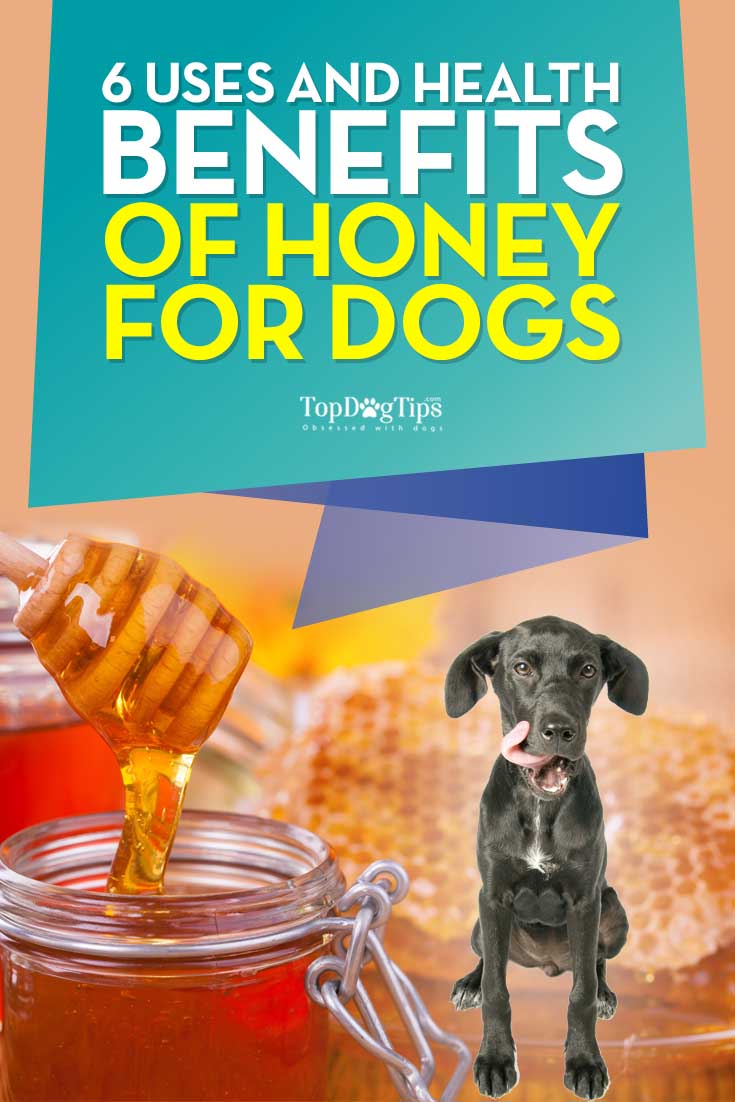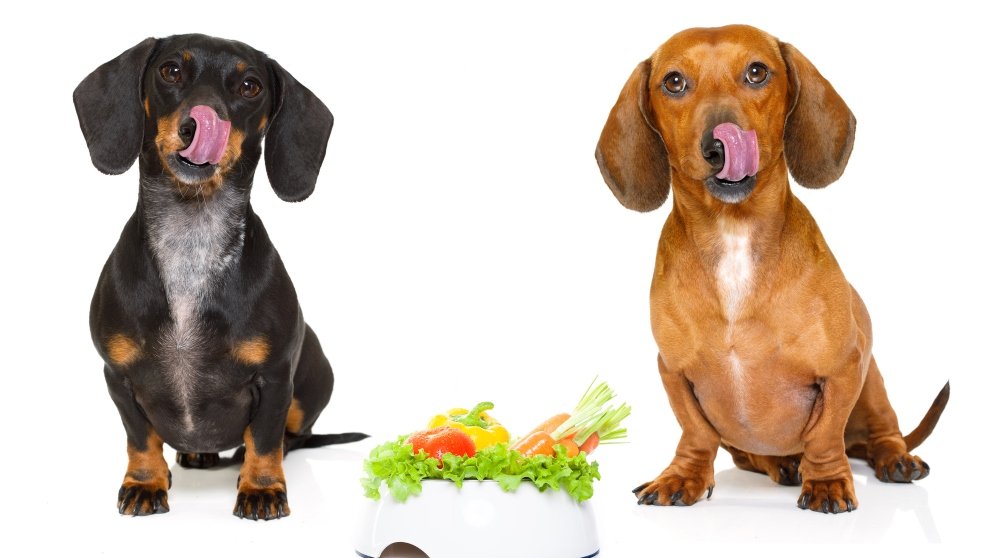Can dogs eat liver? Do you think the liver is good for dogs or do you resist giving it to your pet? There are people who still think that feeding their dog only industrial feed is the best option to feed it. But this is simply not true. There are many natural foods that precisely because they are natural are very healthy and nutritious, and you only need to spend a little time to prepare them and know in what quantities they should be administered to dogs.
I think our dogs are great because it is very comfortable, but supplementing their diet with appropriate ingredients and food for dogs, such as the liver, is even better! Take note of some ideas about the liver in dogs’ diet in this post !:
LIVER FOR DOGS CAN DOGS EAT LIVER?

Can I give my dog the liver? Yes, dogs can eat liver (and even should), although in moderation. You can give your dog different types and liver, either beef or veal liver, pork, lamb, rabbit or chicken.
Of course, use to feed your dog the liver you have bought at the butcher shop and the supermarket and not that of wild animals or game because those do not pass sanitary controls and their consumption could make your dog sick in some cases.
The reason is that the organs of some wild herbivores may be infested with parasites. So what liver feeds my dog?
You can choose between the chicken liver, beef or veal, turkey, lamb, rabbit or pork!
Is the liver good for dogs?
Flatly yes! Balanced homemade food in general, is very good for dogs. And the liver as part of a balanced canine diet is very good for dogs because it is a natural and cheap source of many quality nutrients to keep your dog in top shape.
You can read other suitable foods in the diet of the dog in what type of food the dogs eat (to be healthy!).
Properties and benefits of the liver for dogs:
- The liver is rich in protein
- provides omega-3 and omega-6 fats and fatty acids.
- vitamin A, and group B vitamins
- copper, iron, zinc, phosphorus, and niacin
The high protein content of the liver makes it a good food especially for puppy dogs, lactating or pregnant dogs and dogs that perform intense physical exercise since the proteins help to generate muscle tissue.
In addition, the liver contains iron, so it helps fight anemia in dogs, that is, a deficiency of red blood cells in the blood. (Iron deficiency anemia is caused by a lack of iron, just). The vitamin B12 in the liver, also protects against anemia, because its deficit is one of the causes that can cause.
The zinc present in the liver helps in many organic processes, as assimilation of insulin, helps the immune system of the dog, and enhances wound healing.
Chicken liver for dogs:
The chicken liver is good for dogs as it is excellent food in your diet by the number of nutrients provided. In addition, due to its small size and economic cost, it is an easy dish to get and prepare.
Among the benefits of the chicken liver are :
- It is high in protein (22.12 g. Of protein per 100 g. Of chicken liver)
- Chicken liver is rich in vitamin K, essential for blood clotting, for example.
- It is rich in vitamins of group B, such as B12 and B9, among others.
- The chicken liver dog provides zinc, iron, calcium and to a lesser extent, potassium, iodine, magnesium, and other minerals and trace elements.
In addition to the benefits of the liver that we cited in the previous paragraph, chicken liver for dogs is particularly high in iron, and also in folic acid or vitamin B9, compared to other animal lovers.
Folic acid contributes to the formation of new tissues and is essential for proper functioning at the cellular level. A deficiency of folic acid can lead to hair problems, mouth ulcers, diarrhea, and in puppies, a stunted growth. In humans, the effects of folic acid during pregnancy are being studied, as it seems to prevent some congenital diseases, such as spina bifida.
Also, comparatively, chicken liver is lower in cholesterol than that of other animals.
Beef liver for dogs
Veal liver for dogs (beef or beef is the same) is higher in vitamin A and vitamin B12 than others. It also contains more vitamin E than other livers. In contrast, beef liver for dogs is lower in iron than chicken, for example.
As we can see, veal or chicken liver have slightly different nutrients from each other, and their vitamins, minerals, and trace elements are found in different proportions and quantities, depending on the type of liver. That’s why it’s good to combine, and alternate between different sources of the liver for our dog, to take advantage of each other’s nutrients. That is, it is better to give one-day veal liver, another day of chicken, another day of turkey, etc. In the variety is health!
The liver for dogs should be consumed in moderation:
Just as people, dogs that usually include liver in their diets, should consume it in moderation.
That is, you should not treat the liver as a “normal” food in your dog’s diet, which may form the basis of a dish. That is, the liver is not like chicken breast, for example, but
The liver should be consumed as a supplement in the dog’s diet (it should not be the basis of his diet).
So how much liver to give a dog? Or how often should the dog be fed liver?
Offering your dog a dish prepared with liver twice a week is enough.
My dog ate the liver and has black diarrhea:
It is normal that when eating liver the dog’s feces are blacker. Nothing happens for that, but it is not so normal to give them diarrhea. If you gave liver to your dog and gave him black diarrhea, it may be for two things:
- Your dog may not feel well in the liver (each dog is different, just like people and this food may not be right for yours). If you repeatedly check that this happens, stop giving your dog liver as a precaution, and consult your veterinarian. Maybe your dog has a food allergy or other medical condition that the veterinarian will help you discover.
- Or maybe you gave your dog too much liver.
For the next time, give him less . That is, use the liver as an ingredient in a homemade dog food dish (not as the main ingredient, but complementary ).
What happens if I give my dog too much liver?
In the end, moderation is the key to good health. In this case, if you spend giving too much liver to your dog for a while, it can be harmful to him. The dog could develop hypervitaminosis (from vitamin A), that is, an “overdose” of the vitamin that intoxicates it.
The effects of this vitamin A overdose depend on the case and how serious it has been but may include diarrhea, weight loss, loss of muscle tone and even bone deformations, so as you can see it is no-nonsense.
However, it would be a shame to stop using the liver in the diet of our dogs for excessive fear of possible hypervitaminosis. You just have to respect what we said, the liver should be a compliment and not a base in the diet of the dog (no need to consume every day).
Liver for puppies:
Can I give a 3-month-old puppy liver? Yes, from the moment of weaning, puppies can eat liver. Of course, if it is tiny (2 months), give it a small amount, crushed with the fork or chopped, mixed with chicken meat and natural yogurt, for example, and even better if you soak everything with a little water, to help them Eat easier.
That is to say that if your puppy is just being weaned, make preparation with cooked liver, in the texture of porridge or purée. You will see how he loves it!
Which is better for a dog gizzard or chicken liver:
This question has been asked, and the truth is not that one is better than another. E l chicken livers and gizzards for dogs are food different. Ideally, give them both, without abusing any of them, so that the dog benefits from the properties of the two foods.
The gizzards are a part of the stomach of the birds, similar to a bag, very muscular and hard. The gizzards are part of the farmhouse, they are no longer cooked too much for humans, but they are good dog food, consumed as an integral part of their diet (not the basis of their diet).
The chicken gizzards are high in protein and relatively low in calories. They are also high in iron and zinc. Iron is necessary to make hemoglobin and transport oxygen throughout the body. Zinc helps fight colds by strengthening the immune system and also helps heal wounds.
But on the contrary, gizzards contain fat and enough cholesterol, so they should not be the basis of your dog’s diet, but rather be a compliment in a meat-based dish (or, if you give a whole plate of gizzards to your dog, give it only at one meal or two, at most a week).
How do I feed my dog liver?
You have two options to offer liver to your dog:
1. Ingredient on a plate of food: Either you prepare your dog a couple of times a week a homemade dish in which you include the liver as an ingredient (this does not mean that you fill the liver feeder, but that mix with other ingredients such as pasta, potatoes, other meats or vegetables).
2. Treats or liver rewards: The second option is to give sweets or liver treats a couple of times a week. (You can buy them already made, or you can do it yourself at home). Depending on the size of the dog you can give 2 or 3 small pieces (if you have a Chihuahua for example) or be more generous if your dog is large. Normally in the package of treats,
the manufacturer will indicate what is the maximum amount recommended according to the weight of the dog.
Video liver recipes for dogs:
HOMEMADE DOG LIVER TREATS [LIFE HACK VLOG]
Raw liver for dogs:
Can I give my dog raw liver? Yes, in fact, the BARF diet consists of feeding dogs meat and raw offal, as well as boiled fruits and vegetables, mainly. In the BARF diet recipes, raw liver and other uncooked viscera are included.
The advantage of not cooking the liver is that its nutrients remain intact, and are not destroyed by heat. The disadvantage is that some people are afraid that by not cooking the liver, their dog will get sick if the meat is contaminated with harmful bacteria.
As a hygienic measure, it is recommended to freeze the liver or raw meat for 3 days, before giving it to our dog and defrosting it inside the refrigerator or refrigerator. Additionally, keep in mind that if your dog eats only processed food (feed or croquettes), and suddenly gives it a raw liver, your dog may vomit or have diarrhea. This is due to the lack of habit, and to avoid this, a gradual transition to BARF-type diets must be made in dogs.
However, if you are not familiar with these types of diets, do not worry. You can always boil the liver a few minutes in unsalted water, or saute it for a short time in a pan (try not to cook it too long to preserve the maximum nutrients).
Precautions, Which dogs should not eat liver:
When we talk about the benefits of the liver in dogs, we obviously mean healthy and normal dogs, say. But there are some dogs for which the liver is not recommended, due to the health problems they suffer. For example:
- Dogs with kidney disease: the liver is very high in phosphorus, so if your dog is sick with the kidneys, consult a canine dietitian or a veterinarian, before giving your dog liver.
- Uric acid: the liver is high in purines, which can promote the appearance of uric acid kidney stones in dogs with this problem. This condition is particularly common in dalmatian dogs.
In any case, if you have a dog with a specific chronic illness or disease, ask your veterinarian or canine nutritionist, what foods you should avoid in your diet so as not to aggravate your condition, (and on the contrary what foods will particularly benefit you).
Dog liver can dog eat liver? – Did you find this post useful? If so, share it on your social networks. And do not forget to tell us your experience on the subject, or your doubts, below in the comments!







